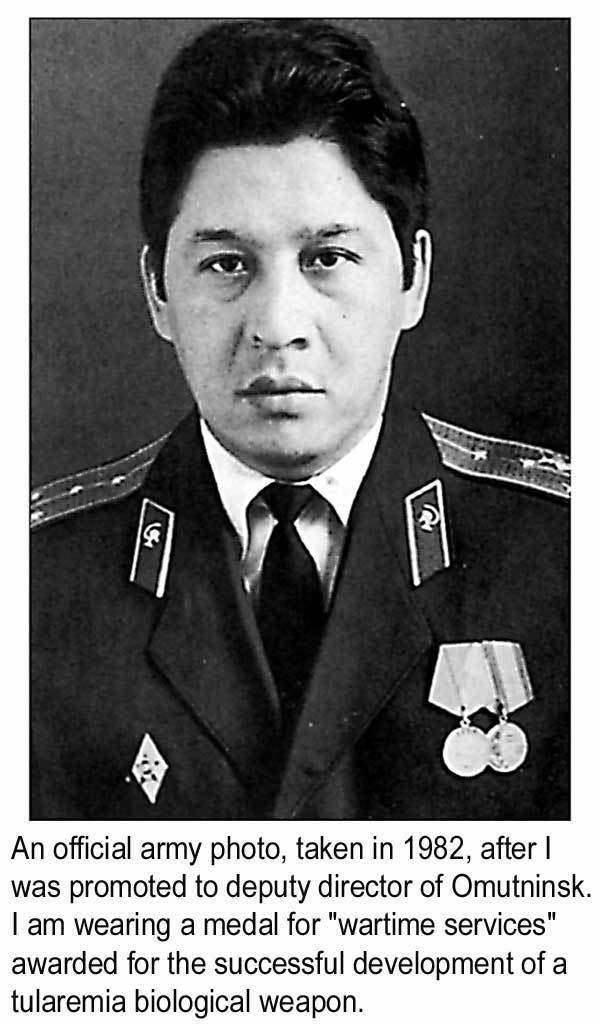So - what is the deal with the AntiBlack 'awarding gap' in UK higher education?
@Wonkhe @officestudents @nusuk @UWankings @BantshireUni
#BlackAwardingGap #highered
What do students think about their university experience?
#BlackAwardingGap #highered
A student-deficit approach is a fundamental reason why efforts to eradicate the gap have failed, such that despite ↗️ access to HE for Black students, their experiences, assessment and opportunities remain disproportionately affected (one of the ways in which whiteness works⬇️)
UK higher ed, far from being immune or removed from structural inequalities, often actually reproduces them. In this context, white supremacy is the social structure, and the University the institutional operation.
But what is whiteness? Here's some helpful terms ⬇️
Aside from dismantling the institution, and starting over in a different and reparative way, there are things we can do at the intrapersonal, interpersonal, institutional, and community level to address it. Such as, manifest an anti-racist pedagogy ⬇️









